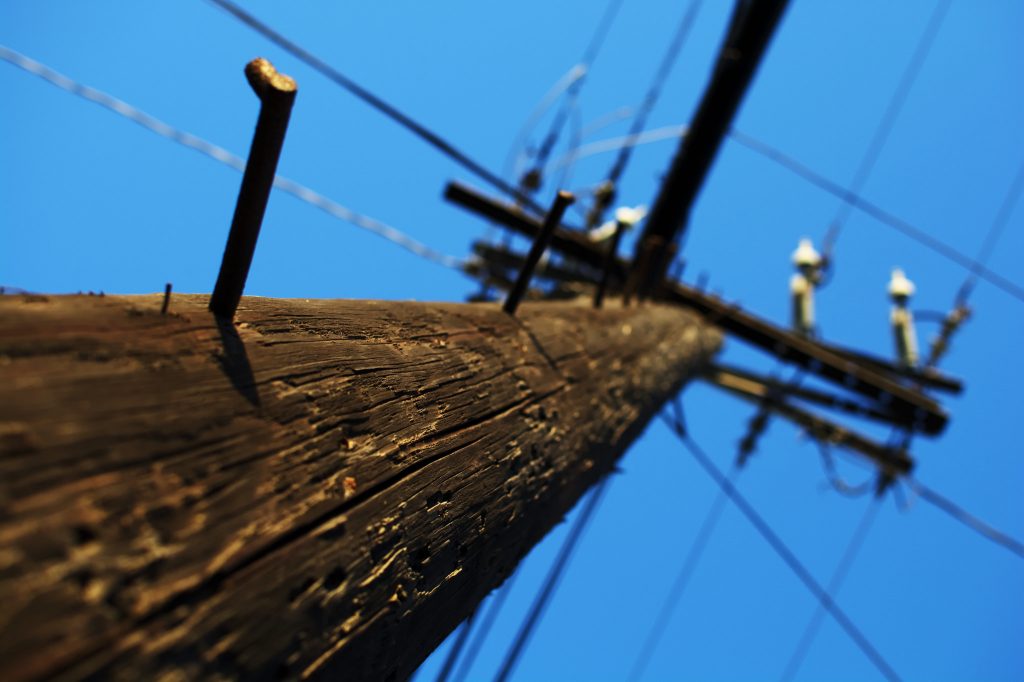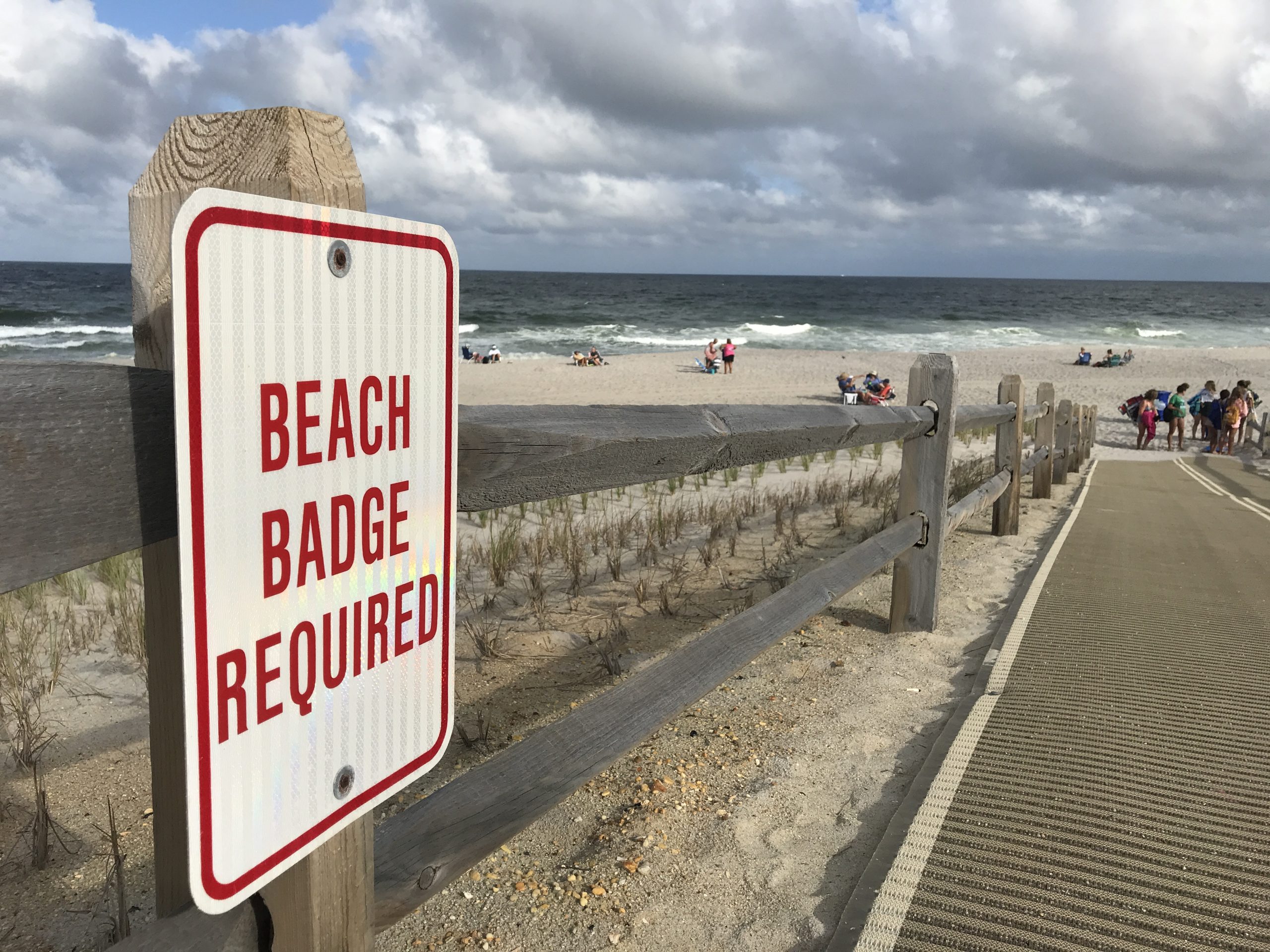Of the nine New Jersey municipalities that have public electric utilities, two are on Ocean County’s northern barrier island. A reorganization of how these towns work together could mean better electrical rates for residents of Lavallette and Seaside Heights, the two local towns that buy and deliver their own energy.
The nine towns are in the midst of creating the New Jersey Public Power Authority. Both Lavallette and Seaside Heights will send volunteer representatives to occasional meetings, but the real savings for customers could come from two different streams: collective purchasing of electrical power from the grid, and, in the future, collective production of power.
Both towns have had to pass ordinances in order to participate in the authority, which is in its infancy and not yet operating. The authority is in the midst of receiving state approval, and currently operates as the New Jersey Public Power Association, a much looser group that does not have the authority the new organization would have.
“This is not the typical authority we hear about in New Jersey, where you have people with high paying jobs, and those kind of things,” said James Jablonski, who will serve as director of the authority – and its only employee.
According to Jablonski, right now, the nine municipalities that operate their own electric utilities enter into individual contracts with multiple suppliers in the PJM (Pennsylvania, Jersey, Maryland) electrical grid. They purchase energy from between 35 and 40 suppliers on the grid. The purpose of this authority is for all nine members to go through the authority as a connection to the marketplace, collectively purchasing power and, in turn, lowering prices.
“You should attract more bidders and, as a result, have more competitive bids,” said Jablonski.
Jablonski said a future goal the authority will set is to pool the resources of all of the members and construct generation systems that would benefit the members. The systems could be located in one of the participating towns, or even in another state. The nine municipalities could, indeed, build their own facility or partner with a private firm to do so.
Leaders of the proposed authority are hoping to have approval from the state’s Local Finance Board by October, and have final accounting approval and launch in January.

Advertisement

Seaside Heights & Seaside Park
Seaside Heights Mourns Passing of Boardwalk Legend, Still Working Into His 90s

Seaside Heights & Seaside Park
Construction Projects to Begin in Seaside Park During March

Police, Fire & Courts
Cops: Juvenile Arrested After 118mph Joy Ride in Seaside Heights, Toms River Kills 2

Police, Fire & Courts
Ocean County Sheriff Establishes Drone Command Center in Seaside Heights Amid New Video








